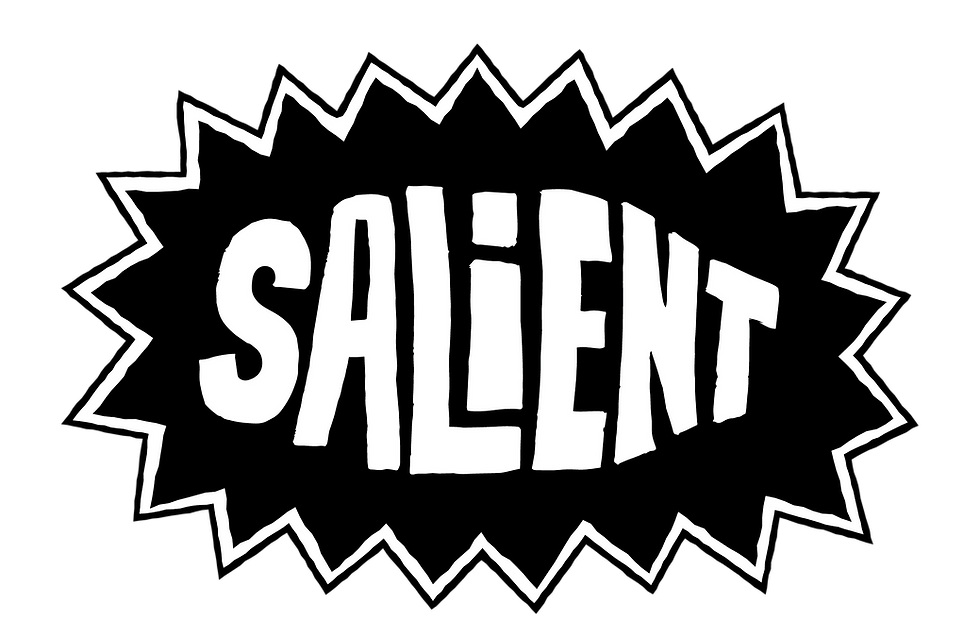Students Just Rewrote International Climate Law
- Salient Magazine

- Aug 11, 2025
- 2 min read
Law & Disorder (VUWCC)
What happens when a group of law students decide to take on the world's worst polluters? They trigger the most significant climate ruling in international legal history. The International Court of Justice (ICJ) has recently delivered an advisory opinion that's about to make every fossil fuel executive lose sleep.
First, let's get you up to speed. The ICJ is basically the United Nation's supreme court: a bench of referees, deciding disputes between countries. An advisory opinion is like getting the best legal minds to weigh in on a massive question. Even though their answer isn't technically legally binding, it carries immense persuasive power, especially when the ruling is unanimous.
A group of student activists, the Pacific Island Students Fighting Climate Change (PISFCC), started the ball rolling in 2019. Their campaign urged the ICJ to produce an advisory opinion answering two critical questions: What legal obligations do countries have regarding climate change, and what happens when they ignore those obligations?
While we can't dive into every detail of the ICJ’s 500 page opinion, here's the general vibe: states must act to prevent foreseeable climate harm or face international legal responsibility. Countries that screw up face a long list of consequences: they must stop the harmful behavior, promise not to repeat it, provide reparations, offer restitution, pay compensation, and provide satisfaction to affected parties.
The Court made it crystal clear that climate obligations aren't just about treaties like the Paris Agreement. Remember how Trump withdrew from the Paris Agreement as soon as he got in office? This ruling essentially says, "Nice try, but customary international law still has you on the hook”. The court declared that customary international law imposes binding obligations on states to take preventive and precautionary measures to avoid climate harm, including regulating private companies. Essentially, you can't just tear up a treaty and walk away from your climate responsibilities.
What's more, the ICJ dropped some serious truth bombs about emissions. While pumping out greenhouse gases isn't automatically illegal, failing to take appropriate measures to prevent foreseeable harm absolutely is. This includes everything from fossil fuel production and consumption, to handing out new exploration licenses, providing subsidies, or having inadequate regulations. Every country that produces coal, oil, and gas has been officially put on notice, and that includes Aotearoa.
While advisory opinions lack binding force, this ruling carries extraordinary legal weight and political legitimacy. It provides climate lawyers worldwide with authoritative ammunition for domestic cases, establishing international legal principles that courts will recognise. Every government authorising fossil fuel expansion, every corporation seeking new licenses, and every piece of climate litigation now operates within this international framework. What began as student initiative has become legal doctrine that major polluters cannot ignore.




Comments